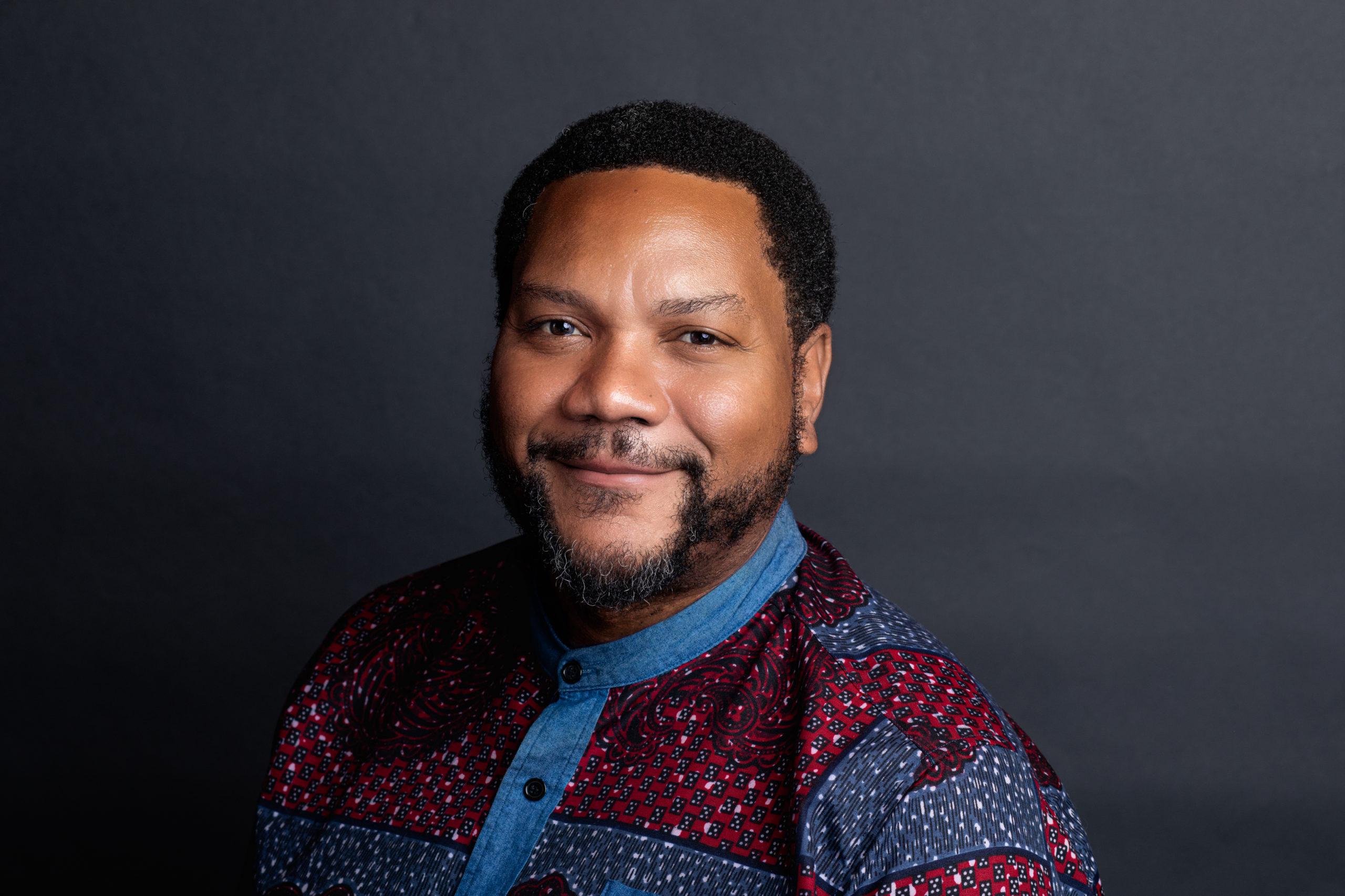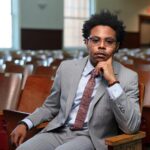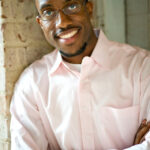By J. Jioni Palmer, Columnist
“When I discover who I am, I’ll be free.”
— Ralph Ellison
As a child, I attended Bethlehem Lutheran Church in West Oakland, California, with my family. West Oakland was, and despite rampant gentrification, still is a predominantly working-class African American community.
In the 1960s, the people of West Oakland, many of them migrants from East Texas and Louisiana fleeing the choking oppression of Jim Crow, were harassed and brutalized by the Oakland Police Department. They migrated in search of better opportunities, but the material conditions hardly improved for many—rural poverty was swapped for urban poverty. As a result of these conditions, in 1966, the Black Panther Party for Self-Defense was founded and headquartered blocks from Bethlehem. Twenty-three years later, Black Panther co-founder Huey P. Newton was murdered by a drug dealer not far from the sanctuary’s doors. Throughout it all, Bethlehem has stood at the intersection of the sacred and the profane.
While signs of a community in decay and turmoil proliferated on one side of the threshold—homeless encampments in the park across the street, Mickey’s malt liquor big mouth bottles littered the streets, and prostitutes worked the corners—I found spiritual and cultural undergirding and affirmation on the other side. The congregation was predominantly Black but rich in the natural diversity of the African diaspora. Prominent figures like the publisher of the Oakland Tribune and a player on the Golden State Warriors sat in the pews alongside secretaries at Kaiser and high school custodians. Pastor Herzfeld was black, and so was the ministerial staff, including several from West and Southern Africa. It was there that I learned about Maurice Bishop, Steven Biko, and various liberation struggles that were sweeping the globe in the 1980s.
I did not always understand what I heard, but I do not think that mattered because I felt something. Something that drew me closer to the divine. Something that pulled me closer to those in the pews. Something that drew me closer to my community at home and abroad. It was there that I developed the habit of looking around to observe what other people were observing to see what moved them and how they moved. One of my most vivid memories is from a Christmas Eve service. My mom and I were sitting behind a man who could not sing a lick, and he moved off-beat, but that did not stop him from belting out Silent Night like he was Choir Director. His passion was undeniable.
I naively thought most Lutherans were Black and worshiped the way we did at Bethlehem. I would soon learn most Lutherans were white, and many held very conservative theological, social, and political views that were antithetical to my own. Decades later, I was astounded to learn that former Attorney General Ed Meese, a Ronald Reagan loyalist, grew up in Oakland and attended Bethlehem Lutheran Church. It seems unfathomable that we would ever call the same church home.
For some reason, my family left Bethlehem and began attending another church in the East Oakland foothills. There were a few other Black families and families of color, but it was a predominantly white congregation. The senior pastor and ministerial staff were white. The music was flat and lacked the zeal I had become accustomed to. I missed the pageantry of Bethlehem.
While I was much more actively engaged with this new congregation—I was confirmed there, was an acolyte, regularly participated in lock-ins and camping trips—than at Bethlehem, I found my connection to the faith I had known slipping away. In retrospect, I realize I was undergoing my first conversion experience, which was away from my family’s faith.
As I was going through the confirmation process, I wrestled with understanding the concept of the Trinity—how can God be three separate individuals yet also one—and the question of who created the creator. I would lay in my bed at night pondering these questions. When I put them to my new pastor, I received a mystified look and the unsatisfactory response, “well, you just got to have faith.” His words were reassuring, but the look in his eyes led me to doubt.
As I looked into his cool blue eyes, I felt like he was searching to understand me and what I was searching to understand. In contrast, when I looked into Pastor Herzfeld’s warm brown eyes, I felt like he knew what I was in search of—that which he had not yet found but knew existed—and invited me along the journey.





